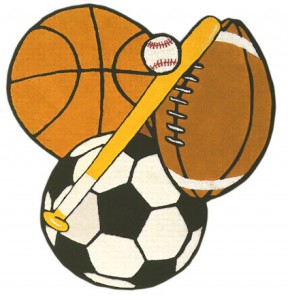Sports and Politics
Tonight college football fans will be watching the on-field competition in the Bowl Champion Series game between Florida and Oklahoma, which will determine the BCS “national champion.” But some politicians, in addition to President-elect Barack Obama, are as interested in off-field issues such as how the participating teams in this game are determined and how this game is described.
Utah Attorney General Mark Shurtleff claims the BCS system unfairly prevents universities from non-BCS conferences (e.g., the undefeated Utah Utes) from participating in the BCS championship game, which places these schools at a competitive and financial disadvantage in violation of the federal antitrust laws. Two Texas Republican congressmen, Joe Barton and Michael McCaul, along with Illinois Democrat congressman Bobby Rush, have introduced federal legislation that would “prohibit the marketing, promotion, and advertising of a postseason game as a ‘national championship’ football game, unless it is the result of a playoff system.” Their proposed bill would make any non-compliant football championship game “an unfair or deceptive act or practice” that violates the Federal Trade Commission Act. The Utah attorney general’s antitrust investigation and proposed federal legislation both seek to have the major college football championship determined by a playoff system rather than a complex formula based on subjective human polls and computer rankings that determine the #1 and #2 ranked teams at the end of the regular season.


